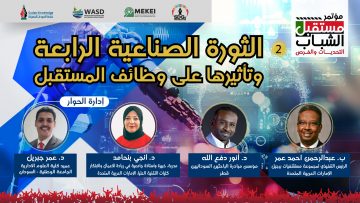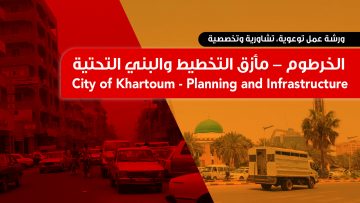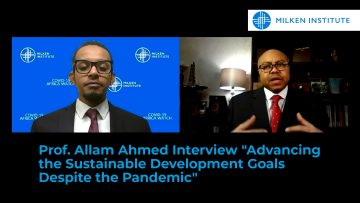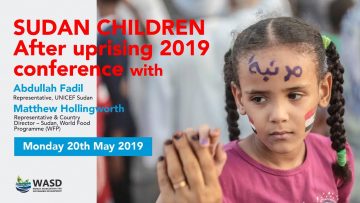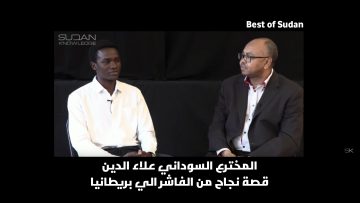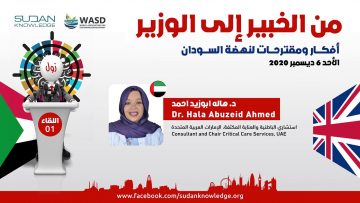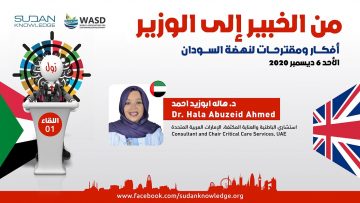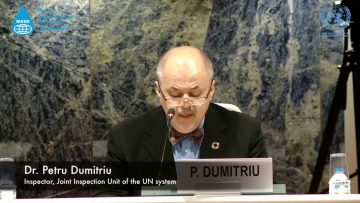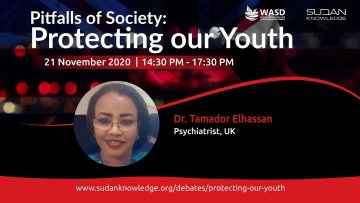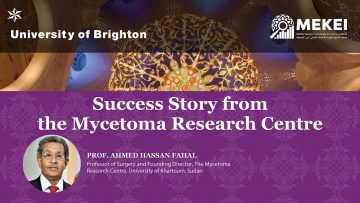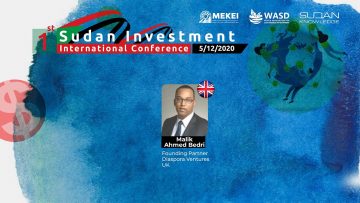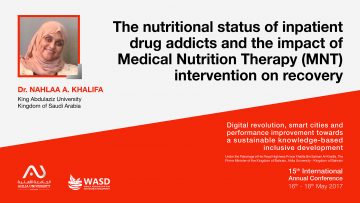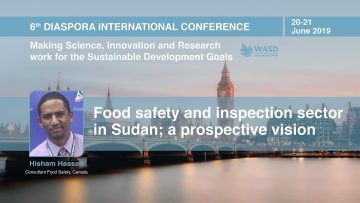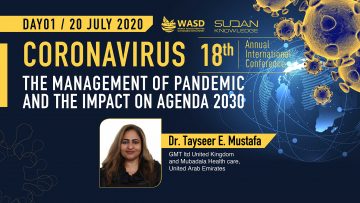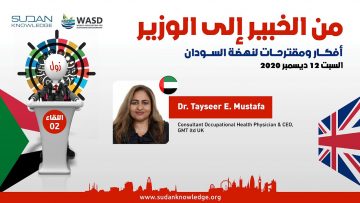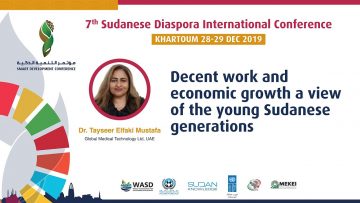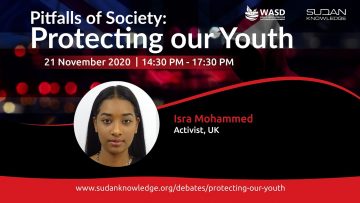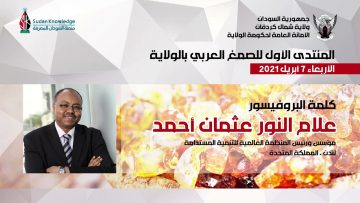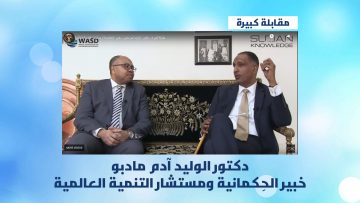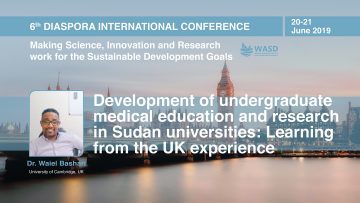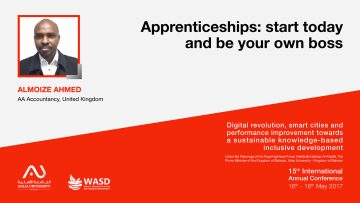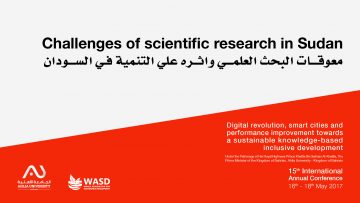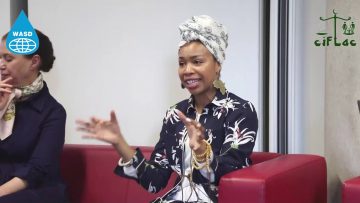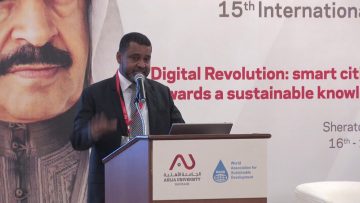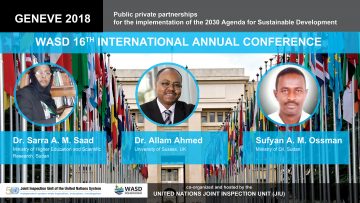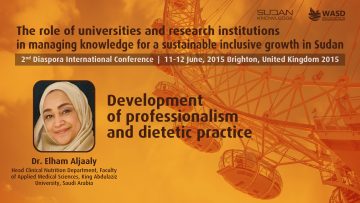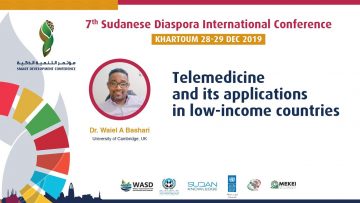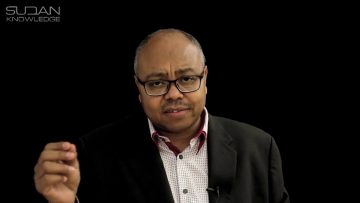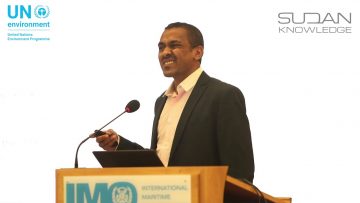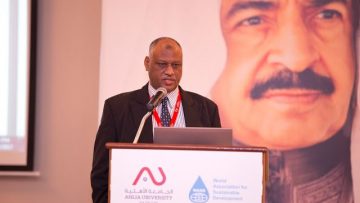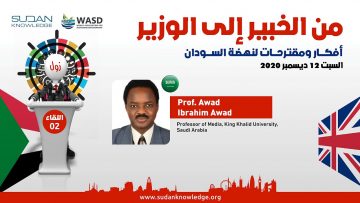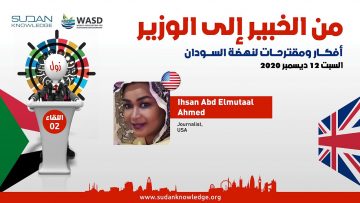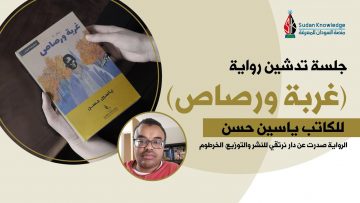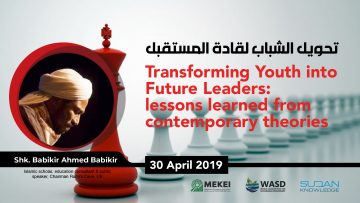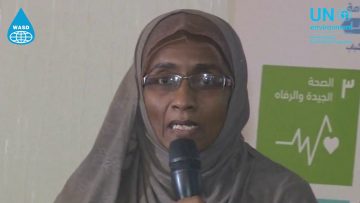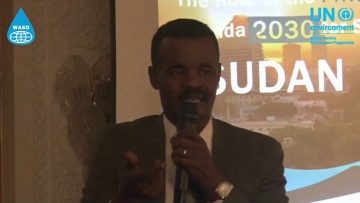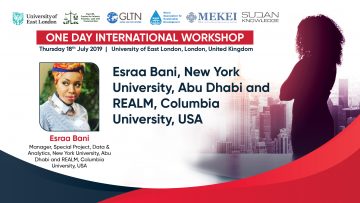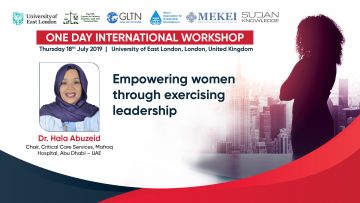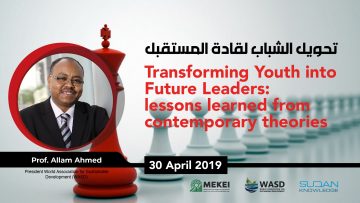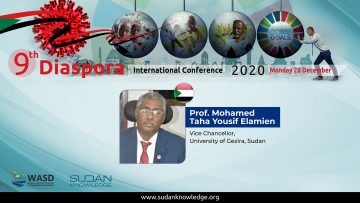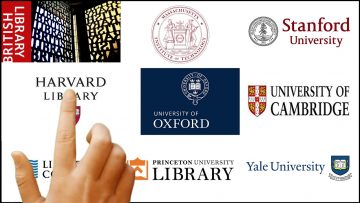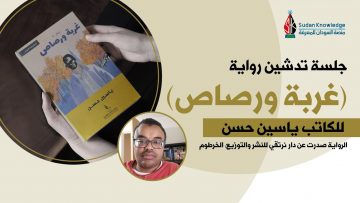- Home
- Portfolios
- Conferences
- Publications
- Academy
- Roundtable
- Who’s Who
- TV
Conferences
Roundtables
Interviews
Covid-19
Diaspora
Health
Education
Economy
Agriculture
Energy
Experts
Aviation
Business
Children
Community
Investment
Darfur
Graduates
Gezira Scheme
GERD
HE
Economic Sanctions
Engineering
Entrepreneurship
Environment
Food
Founder
Gum Arabic
ICTs
Ideas
Industry
Infrastructure
KE
Keynote
Leadership
Media
Peace
Politics
Youth
Talent
PPPs
Research
Revolution
Universities
Women
UN
Training
Workshops
SD
SDGs
Security
Publications
Sudan
LATEST NEWS
- حلقة نقاش مفتوح للاستفادة من اساتذة الجامعات السودانيين بالخارج ومشاركتهم في دعم التعليم العالي في السودان
- AHMED BEDRI is MBE (Member British Empire)
- The future of Sudan after lifting the US sanctions
- UK Sudanese Graduates Conference (SGC-UK)
- Leadership, Change and Talent
- The future direction of health and health care planning in Sudan
- Strategic leadership and performance improvements in higher education and research institutes in Sudan
- Transforming Sudanese Youth into Future Global Leaders
-
-
No videos yet!
Click on "Watch later" to put videos here
- View all videos
-
-
-
Don't miss new videos
Sign in to see updates from your favourite channels
-
Health Care in Sudan مستقبل الصحة والنظام الصحي في السودان
https://youtu.be/x9o3to_4oGA
Health in all policies and opportunities in the wider health system
Dr. Muna Abdel Aziz
Director of Public Health, Warrington, UK and Former Deputy Director of Public Health Institute, Sudan
She reviewed the process of policy modification and creation in healthcare, as well as, the pillars determined by WHO; improved health, equity and efficiency. Emphasised the importance of steady growth, avoiding boom and bust programs. Sudan public health officials and medical practitioners should move towards common interests with policy makers, giving a louder voice to local communities’ needs and desires.
Whole system approach to health care planning in the Sudan
Dr. Mayada Abu Affan
Consultant in Public Health Medicine, Dudley Metropolitan Borough Council, West Midlands and Honorary Lecturer, University of Birmingham, UK
Dr. Mayada Abu Affan reviewed the importance of the whole system approach, and the importance of tackling the inequality gap, assuring that all have access to healthcare before stepping up the services available. She reviewed the social, environmental, and educational challenges that Sudan is facing to better access and quality of healthcare. She emphasised that growing and increasing the access of healthcare in Sudan must be tackled in multiple angles simultaneously, in hand with a right mindset, of partnership.
https://youtu.be/H7TE1U6F-bUhttps://youtu.be/5i7xpoGEYYI
Encouraging participation amongst young talent in Sudan and global health policies
Mohammed Abdulaziz, Deputy Director Polygeia & 5th year Medical Student, Cambridge University, UK
Covered topics surrounding the role of youth in public policy. He highlighted the importance of youth’s capabilities of innovation, time investment, and motivation. In order to excel in public policy as youth, he higlights certain efforts and characteristics including, organisational skills, branding (meaningful passion), support from role models or mentors, and diversification, to keep youth motivated and interested. In order to diversify, leaders should inspire them to continue participating by showing them that their opinion is valued, and support them in making contacts and networking.
Emergency Care in Sudan – ًWhat is the Perfect Model?
Dr. Ahmed Eltahir O. Ali
Speciality Registrar in Emergency Medicine, Manchester, UK
With his first-hand experience, he realises the importance of integrating multidisciplinary and multi-sector efforts into emergency healthcare to assure best quality practices
https://youtu.be/61yeZTcccwEhttps://youtu.be/709ujTHfHXoResaerch in Sudan: my experience and the role of Sudan’s young Diaspora
Dr. Rayan Gaafar
Foundation Year 1 Doctor, Buckinghamshire NHS Trust, UK
Emphasised the necessity to increase the people’s trust in the healthcare system, mainly through the use of culture appropriate treatments. She highlighted the importance of medical research, it provides funding and more importantly, local knowledge.
Is there a ‘one size fits all’ approach to breast cancer screening in Sudan?
Shaza Elamin
4th Year Medical Student, Queen’s University Belfast, Northern Ireland
Highlighted the detrimental effects of late detection of breast cancer, high cost, and lowered survival rate. She indicated the downfalls of a ‘one size fits all approach’ due localised differences, including the appearance of breast cancer in much younger populations in Sudan. The road to improvement can be achieved through a whole systems approach, early detection and awareness, and screening of at-risk populations, with localised programs.
https://youtu.be/BAeVr3UypDohttps://youtu.be/67todepozls
Health finance and economics in Sudan
Dr Abdelrahman Faki Omer
Specialty Trainee in Clinical Radiology & Former Health Economist at the Federal Ministry of Health in Sudan
Reviewed the advantages and challenges of universal healthcare. He emphasised that starting points are increasing access through compulsory enrolment. A challenge includes selecting what ailments will be covered. Lastly he highlighted the dangers of privatisation of the healthcare system, with a huge potential to push the middle class into poverty.
Hosts
World Association for Sustainable Development (WASD)
UN Major Group for Children and Youth (UN MGCY)
Sudan Knowledge (SK)
Middle Eastern Knowledge Economy Institute (MEKEI)
Centre for Innovation Management and Enterprise (CIME), University of East London (UEL)
Media Partners AILTV | Clear Image Media Group |3Cs Messages Productionshttps://youtu.be/zb9-Jf8TR2w



